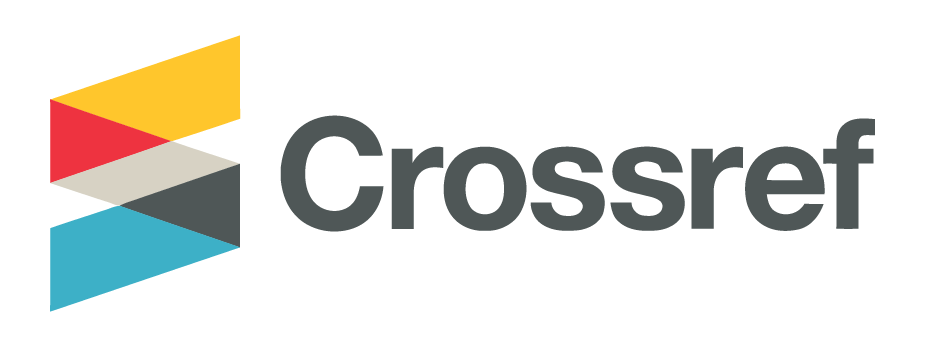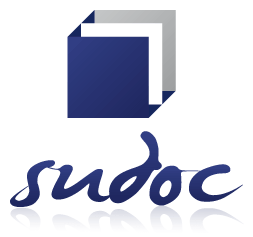Analyzing the impact of anti-corruption reforms on wealth and power distribution in Roman Iberia: a historical and statistical perspective
DOI:
https://doi.org/10.63053/ijrel.30Keywords:
Roman Empire, Anti-Corruption Reforms, Wealth Distribution, Iberian Province, Economic Inequality, Power ConcentrationAbstract
Using historical analysis and statistical data, this study examines the impact of anti-corruption reforms on the distribution of wealth and power in Iberian Rome. Corruption in the Roman Republic posed serious challenges to just governance, and this led to reform initiatives to restore public trust and reduce the influence of corruption. This research examines the historical context of corruption and emphasizes its negative effects on wealth distribution and social equality.
Important reforms implemented in the early imperial period, especially under Augustus, aimed to address these issues and temporarily improve economic conditions, especially in urban centers such as Taraco and Córdoba. However, the effectiveness of these reforms varied considerably across regions, with rural areas typically benefiting less due to the influence of elite interests. Statistical analyzes show that there is a complex relationship between anti-corruption measures and wealth concentration, such that despite initial successes, many regions have returned to pre-reform levels of inequality over time.
The findings emphasize the need for continued political commitment and systemic change to ensure the sustainability of anti-corruption initiatives. By examining the Roman experience, this study provides valuable insights for contemporary anti-corruption efforts and emphasizes the importance of paying attention to power dynamics and strengthening social participation to promote equity and long-term transparency in governance.
References
Birley, A. (1990). Administrative systems and corruption in ancient Rome. Journal of Roman Studies, 80(1), 105-123.
Brunt, P. A. (1990). Roman imperial themes. Clarendon Press.
Coudouel, A., & Paternostro, S. (2006). Analyzing the distributional impact of reforms: A practitioner's guide to pension, health, labor markets, public sector downsizing, tax reform, and macroeconomic policy. World Bank Publications.
Coudouel, A., & Paternostro, S. (Eds.). (2005). Analyzing the distributional impact of reforms, 2: A practitioners' guide to pension, health, labor markets, public sector downsizing, taxation, decentralization and macroeconomic modeling (Vol. 2). World Bank Publications.
Duncan-Jones, R. (1982). The economy of the Roman Empire: Quantitative studies. Cambridge University Press.
Eck, W. (1997). The corruption and bureaucracy in the Roman Empire. Classical Antiquity, 16(4), 403-422.
Eck, W. (2000). The age of Augustus (2nd ed.). Blackwell Publishers.
Friedrich, C. J. (2017). The pathology of politics: Violence, betrayal, corruption, secrecy, and propaganda. Harper & Row.
Friedrich, C. J. (2017). The pathology of politics: Violence, betrayal, corruption, secrecy, and propaganda. Harper & Row.
Friedrich, C. J. (2017). The pathology of politics: Violence, betrayal, corruption, secrecy, and propaganda. Harper & Row.
Garnsey, P., & Saller, R. (1987). The economic and social history of the Roman Empire. Cambridge University Press.
Gibbon, E. (1776-1789). The history of the decline and fall of the Roman Empire (Vols. 1-6). Strahan & Cadell.
Heichel, K. (2005). Financial impacts of Roman reforms: A comparative study. Economic History Review, 58(3), 495-514.
Hopkins, K. (1980). Economic models in the Roman Empire: Inequality and wealth distribution. Historical Methods, 13(4), 221-234.
Hopkins, K. (1980). Taxes and trade in the Roman Empire (200 B.C.–A.D. 400). Journal of Roman Studies, 70, 101-125.
Keay, S. (2001). Roman Spain. University of California Press.
Kroeze, R., Vitória, D., & Geltner, G. (2018). Anti-corruption in history: From antiquity to the modern era. Oxford University Press.
Lavan, M. (2021). Slaves to Rome: Paradigms of empire in Roman culture. Cambridge University Press.
Lavan, M., Payne, R. E., & Weisweiler, J. (Eds.). (2016). Cosmopolitanism and empire: Universal rulers, local elites, and cultural integration in the ancient Near East and Mediterranean. Oxford University Press.
MacMullen, R. (1988). Corruption and the decline of Rome. Yale Classical Studies, 28, 1-34.
Mouritsen, H. (2017). Politics in the Roman Republic. Cambridge University Press.
Richardson, J. S. (1996). The Romans in Spain. Wiley-Blackwell.
Scheidel, W. (2019). The great leveler: Violence and the history of inequality from the Stone Age to the twenty-first century. Princeton University Press.
Toynbee, A. J. (1934–1961). A study of history (Vols. 1-12). Oxford University Press.
Downloads
Published
How to Cite
Issue
Section
License
Copyright (c) 2024 Authors

This work is licensed under a Creative Commons Attribution 4.0 International License.













